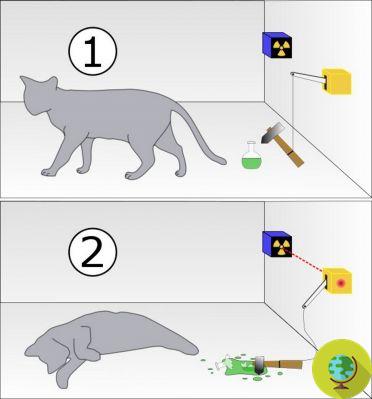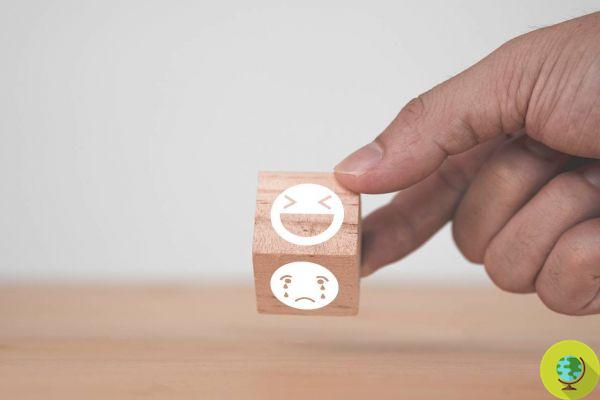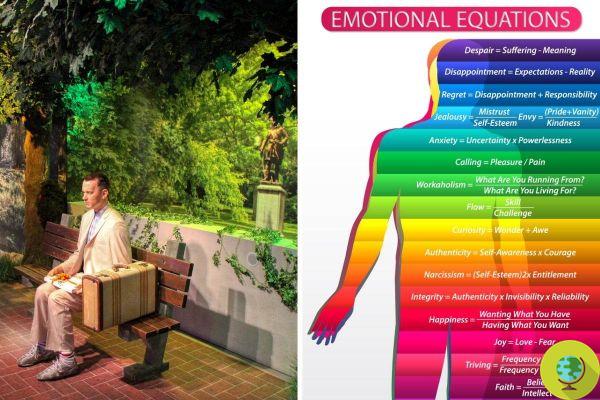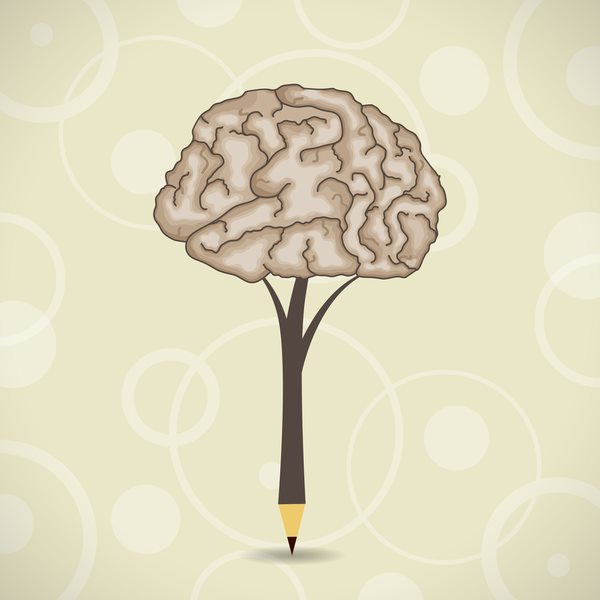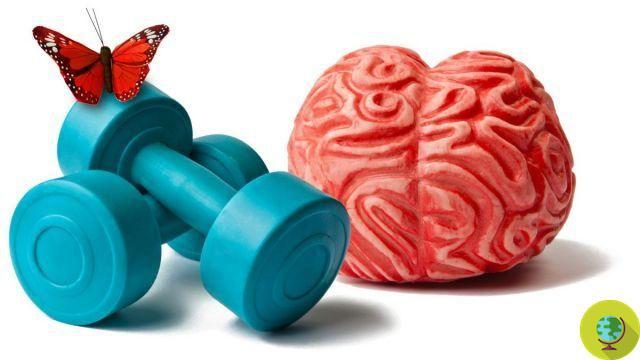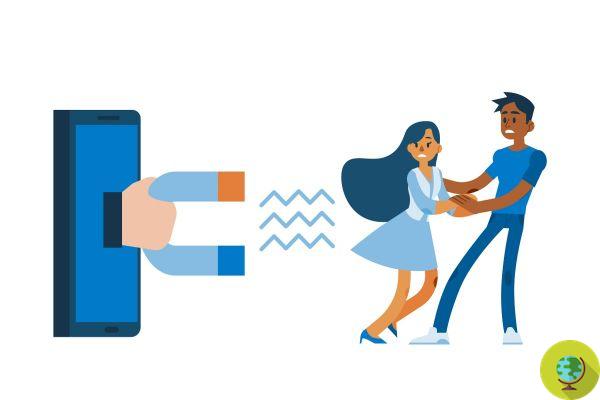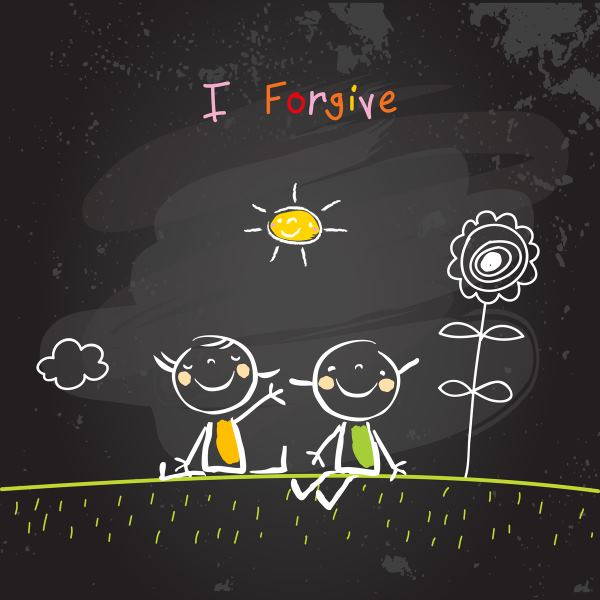The new APA report highlights the negative effects of the pandemic on mental health. Generation Z is particularly at risk
Don't store avocado like this: it's dangerousAmong the heaviest and probably lasting effects of the pandemic are the psychological consequences. We are facing a mental health crisis (also) that could have serious consequences in the social and health fields in the coming years. To say it is the new report of the American Psychological Association (APA).
Some more, some less, we are all psychologically tested by the pandemic. Society is in a moment of great stress, but it is not just the health emergency that will inevitably end sooner or later, there is also another serious emergency. We are talking about the lack of horizons and the uncertain future, problems that affect everyone but above all some generations, particularly in crisis at the time of the coronavirus.
The scenario highlighted by the American Psychological Association (APA) in its new report "Stress in America 2020: A National Mental Health Crisis" refers to the situation in the United States but the reflection of American experts can easily be extended to the whole world.
After all, the coronavirus has blocked jobs, education, the economy and relationships globally, also putting a strain on the health system. But, the APA points out, the potential long-term consequences of the stress and trauma created by the pandemic are particularly severe for younger individuals, the so-called Generation Z.
The 2020 report shows that adolescents between the ages of 13 and 17 and adults between the ages of 18 and 23 are facing unprecedented uncertainty, experiencing high stress and already reporting the first symptoms of depression.
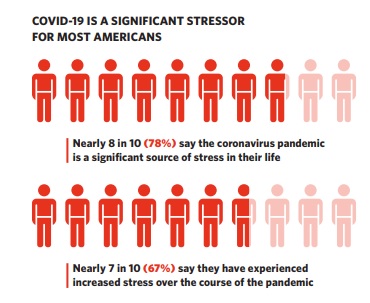
@apa
The APA therefore shows its utmost concern for children by believing that, while adults have more experience to understand that this crisis will pass, the young people of Generation Z find themselves in a crucial moment in their life (transition to adulthood) with no expectations for the future.
"We must act now to help those in need and to prevent a much more serious and widespread mental health crisis" warn American experts.
Anxiety, discouragement and anger
The mental health effects of the pandemic are being discussed around the world. Carme Guillén, coordinator of the Psychoanalysis and Society Group of the College of Psychology of Catalonia (COPC) intervened on the question with some interesting observations:
"The population goes from tiredness to discouragement to anger"
Due to the accumulation of negative emotions, a social malaise is created. The fear and anxiety have been around for a long time, but what we are seeing now, Dr. Guillén points out, is the increase in anger which in some cases can lead to confrontations.
If you look back, the first months the pandemic was seen as a threat framed by a horizon of temporality, but the end has not come nor is it very close, or rather we do not have certain data on when all this will end.
What predominates is chronic stress, which can generate anger in the world, says Eduard Vieta, head of the psychiatry and psychology service at the Hospital Clínic. Stress is tolerated when you know what lies ahead, how long the problem will last, but the constant changes occurring over the course of the pandemic certainly do not help.
There will be many people who will benefit from overcoming this crisis, they will become more resilient, the doctor points out. But there is also the flip side: there will be people for whom it will not be easy to emerge from all these difficulties and consequences will be inevitable.
The Spanish doctor then warns about link between poverty and mental health, given that the economic crisis has reached even more families in this period than there were before the pandemic.
How parents can support their children
The APA report includes some advice for parents, in order to help them psychologically support their children.
- Recognizing that this is a completely new situation that no one was prepared for and, as a result, there is a lot of uncertainty.
- Take care of yourself for at least 15 to 30 minutes a day and help your children do the same. This means, for example, going for a walk, calling a friend or watching a funny program or movie.
- Stay in touch with your friends and family. This helps build emotional resilience so that you can better support the needs of your children.
- Keep the right perspective on things and focus on the ones that are going well. Remember that everyone is experiencing this moment with more or less serious difficulties.
- It is essential that young people do not work in the same place where they sleep. It is therefore good to create separation in the spaces between where young people should learn and where they can relax.
- Use this moment as an opportunity to help young people and adolescents plan their future, reminding children that they should not be afraid to "move away" from their family to pursue new and different projects.
Sources: Apa / La Vanguardia
Read also:
- Teenage depression was already a problem, but now the coronavirus is making matters worse
- Adolescents at the time of Covid-19, "victims" or "executioners" without the first kiss
- Hikikomori: with the pandemic the phenomenon of young people locked in the room for fear of the world increases
- This is what a child or teenager should learn in 2021
- Coronavirus could cause another 'epidemic' that we must avoid: depression





